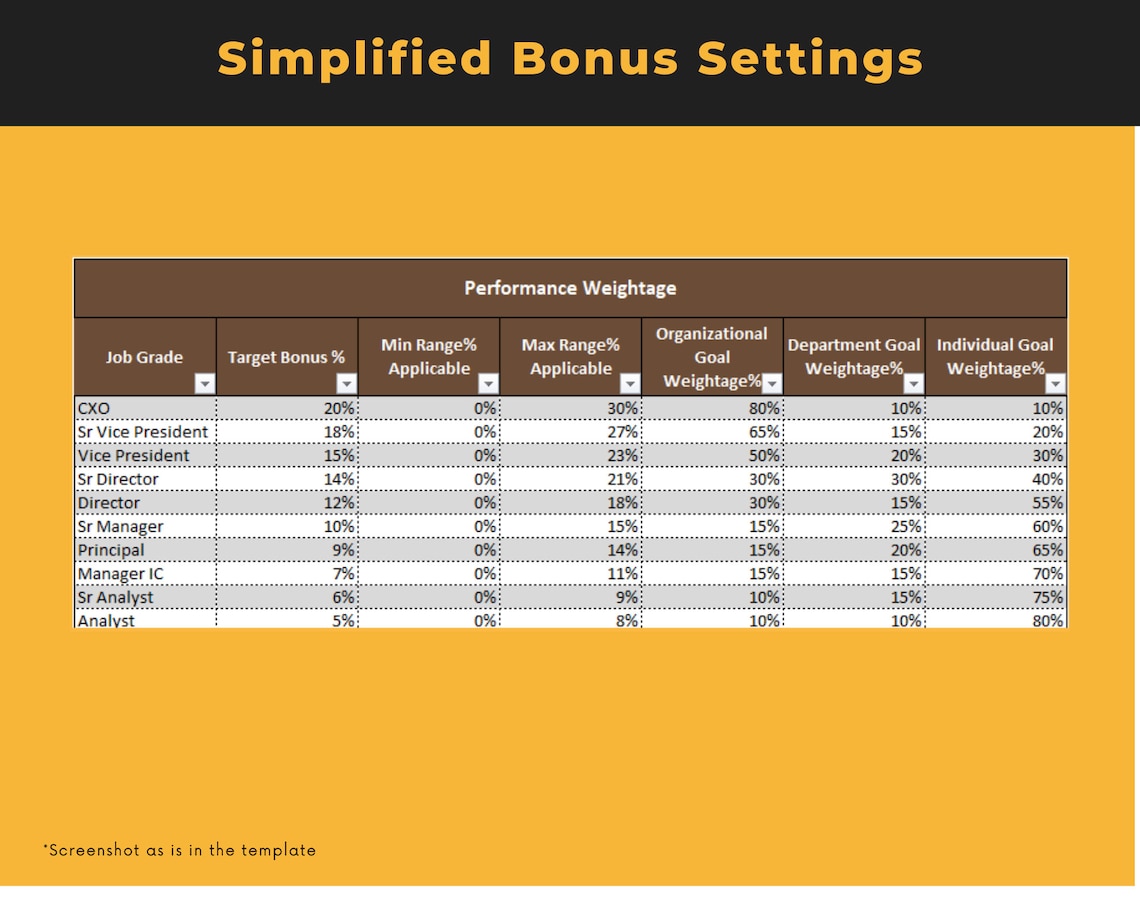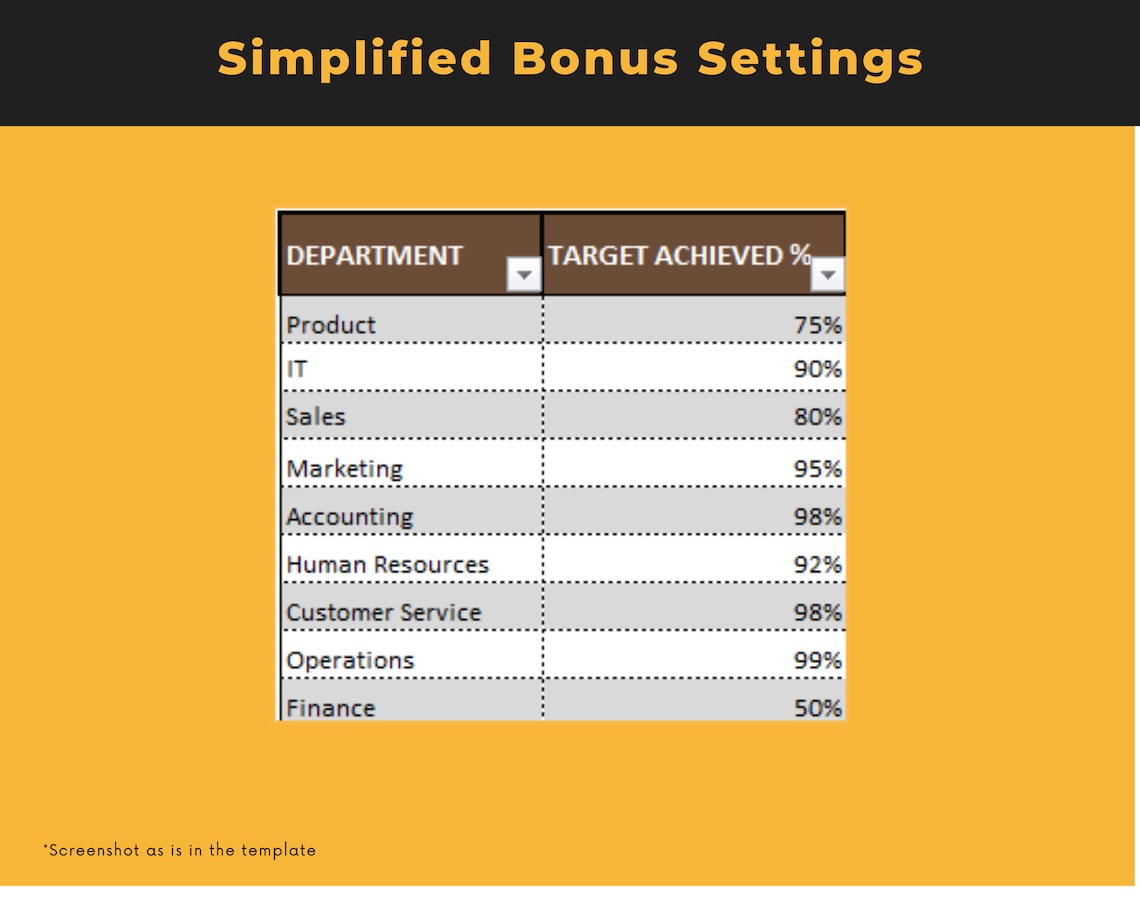Price: 10.000 BTC
POPOTOGEL: Link Alternatif Penghasil Uang Pasangan | Toto Macau 4D 2025
PopoTogel sebagai aplikasi pilihan yang terbaik di tahun 2025, lewat link alternatif penghasil uang anda bisa memainkan semua pasaran yang tersedia gratis dan flexible untuk memainkannya.You can only make an offer when buying a single item
Highlights
Pas senang Open BO , Pas Susah Pakdul
4.9 out of 5
(618 reviews)
All reviews are from verified buyers
Reviews for this shop
Saya sangat suka dengan responsive situs toto ini , sangat cocok untuk hp android say
Semua togel saya sudah coba, dan sangat gambang menebak angka jitu.
Pelayangan PopoTogel sangat cepat seperti kilat dan siap melayani saya 1x24 jam









